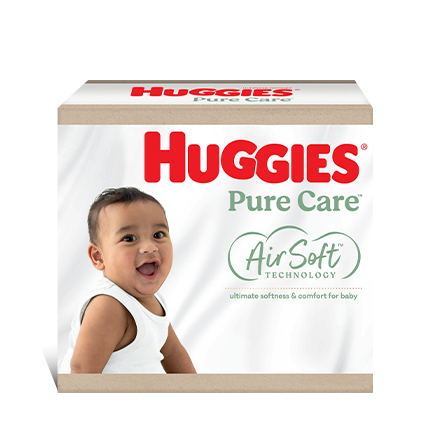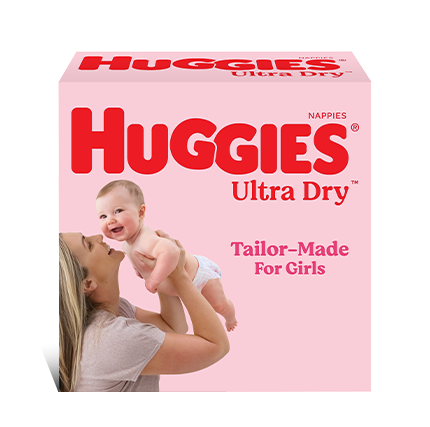Throughout their growing years children are learning the rules of life. This applies just as much to gardening as to any other activity.
Some Commonsense Rules* Don’t touch someone else’s garden unless you have their permission.
- Never eat anything in the garden unless you know it is okay.
- Ask before you pick flowers.
- Wear sunscreen and a hat as a routine when you are outside in the garden.
- Wear gloves when handling soil or potting mix, when moving anything rough or sharp or working where spiders may lurk.
- Wear boots or solid footwear.
- Always check inside boots before putting them on, especially if they have been stored outdoors.
- Garden in suitable old clothes.
- Wash hands well after handling potting mix, soil or compost.
Beware of Poisonous Plants
Some common garden plants are poisonous and their planting should, if possible, be avoided in kids’ gardens. This list is by no means exhaustive, but the inclusion of so many commonly grown plants serves to reinforce how important it is that children are taught never to eat anything in the garden unless they know it is safe. All parts of the following plants are poisonous:
- Agapanthus
- Caladium – coloured-leaf indoor plant
- Brugmansia – angel’s trumpet
- Delphiniums
- Foxgloves
- Helleborus species – also known as Christmas roses
- Lily of the valley
- Lobelia
- Rhododendrons and azaleas
- Thevetia peruviana – known as yellow oleander or be-still tree
The leaves of the following plants are poisonous:
- Box (Buxus spp)
- Calendula
- Elephant’s ears
- Rhubarb
- Tomato
The flowers of the arum lily are poisonous.
The milky sap of the following is poisonous:
- Frangipani
- Oleander
- Poinsettia
The fruits and seeds of the following are poisonous:
- Cestrum nocturnum – night-scented jessamine
- Clivias
- Cycads
- Duranta – pigeon berry
- Laburnum
- Melia azederach – white cedar
- Moreton Bay chestnut – black bean
- Peppercorn tree
- Privet
- Sweet peas
- Wisteria
- Yew
These tubers and bulbs are poisonous:
- Daffodils
- Gloriosa lily
- Hyacinth bulbs
What to do in the event of poisoning
Call the Poisons Information centre 13 11 26
You can review our First Aid section which provides a basic overview of First Aid procedures.
This information has been kindly supplied by Yates Australia. For more comprehensive information on gardening, water conservation and much more visit the Yates website or you can join the Yates Garden Club for free advice, competitions and promotions.
For more information see Gardening with kids or Parenting .
Last Published* May, 2024
*Please note that the published date may not be the same as the date that the content was created and that information above may have changed since.





















